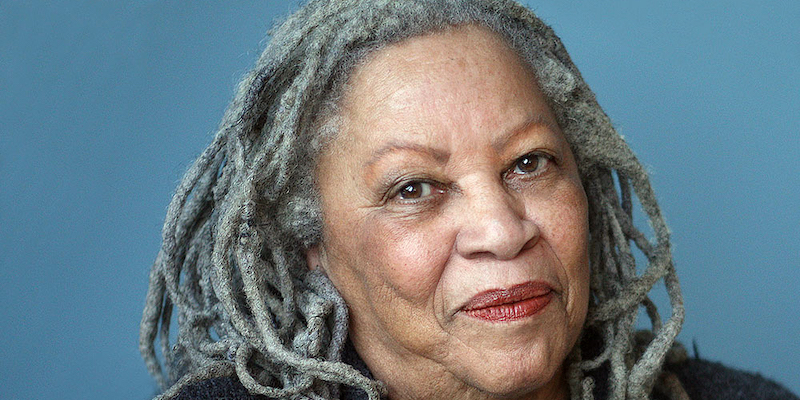Issued on: 17/02/2021 -

This aerial photo shows shipping containers stacked at a port in Lianyungang, in China's eastern Jiangsu province on January 14, 2021. AFP - STR
China last year overtook the United States as the EU's biggest trading partner, the EU statistics agency Eurostat said Monday.
Britain meanwhile, which is no longer part of the European Union, was the third-largest trading partner for the bloc, behind China and the United States, the agency said.
The supremacy of China came after it suffered from the coronavirus pandemic during the first quarter but recovered vigorously with consumption even exceeding its level of a year ago at the end of 2020.
This helped drive sales of European products, particularly in the automobile and luxury goods sectors, while China's exports to Europe benefited from strong demand for medical equipment and electronics.
The dethroning of the US comes as the EU and China are seeking to ratify a long-negotiated investment deal that would give European companies better access to the Chinese market.
Eurostat said the trade volume with China reached 586 billion euros ($711 billion) in 2020, compared to 555 billion euros ($673 billion) for the US.
The agency said EU exports rose by 2.2 percent to 202.5 billion euros while at the same time, imports from the People's Republic of China increased by 5.6 percent to 383.5 billion euros.
EU exports to the United States fell by 13.2 per cent in the same period and imports by 8.2 percent.
In addition to the Covid-19 crisis, transatlantic trade has been impaired by a series of tit-for-tat feuds that have resulted with tariffs being on steel and products such as French champagne or Harley-Davidson motorcycles.
Eurostat said trade with the UK plummeted in 2020, the year Britain officially left the bloc, though it was in a transition period to blunt the effects of Brexit until December 31.
EU exports to the UK fell by 13.2 percent, while imports from across the channel dropped by 13.9 percent, Eurostat said.
(AFP)
China last year overtook the United States as the EU's biggest trading partner, the EU statistics agency Eurostat said Monday.
Britain meanwhile, which is no longer part of the European Union, was the third-largest trading partner for the bloc, behind China and the United States, the agency said.
The supremacy of China came after it suffered from the coronavirus pandemic during the first quarter but recovered vigorously with consumption even exceeding its level of a year ago at the end of 2020.
This helped drive sales of European products, particularly in the automobile and luxury goods sectors, while China's exports to Europe benefited from strong demand for medical equipment and electronics.
The dethroning of the US comes as the EU and China are seeking to ratify a long-negotiated investment deal that would give European companies better access to the Chinese market.
Eurostat said the trade volume with China reached 586 billion euros ($711 billion) in 2020, compared to 555 billion euros ($673 billion) for the US.
The agency said EU exports rose by 2.2 percent to 202.5 billion euros while at the same time, imports from the People's Republic of China increased by 5.6 percent to 383.5 billion euros.
EU exports to the United States fell by 13.2 per cent in the same period and imports by 8.2 percent.
In addition to the Covid-19 crisis, transatlantic trade has been impaired by a series of tit-for-tat feuds that have resulted with tariffs being on steel and products such as French champagne or Harley-Davidson motorcycles.
Eurostat said trade with the UK plummeted in 2020, the year Britain officially left the bloc, though it was in a transition period to blunt the effects of Brexit until December 31.
EU exports to the UK fell by 13.2 percent, while imports from across the channel dropped by 13.9 percent, Eurostat said.
(AFP)












